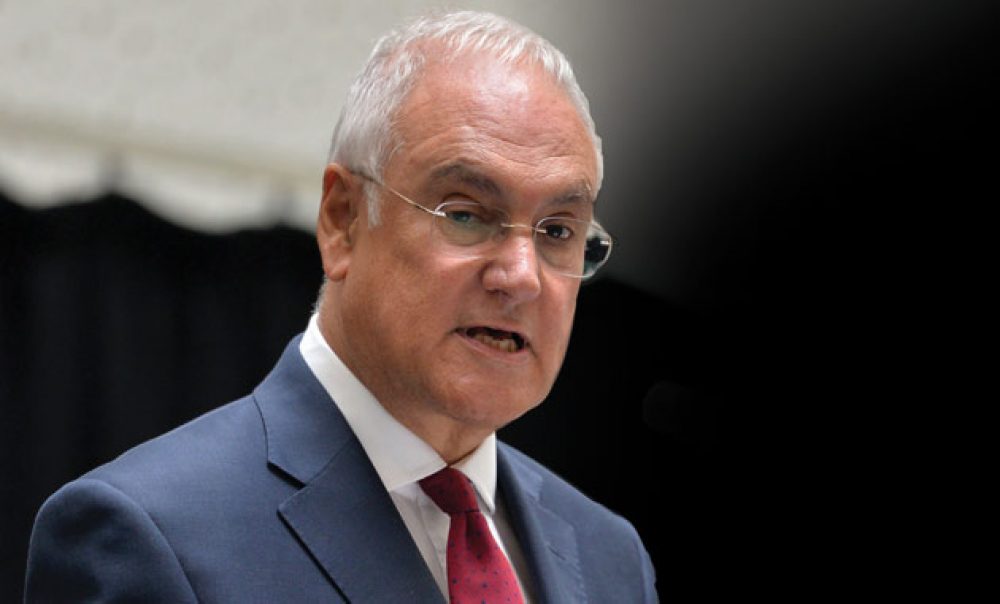More than one in four schools lost their good ratings following new short inspections last term, Ofsted has revealed.
Data published by the watchdog shows that, of 318 one-day inspections of schools previously rated good and carried out between September and December, 88 dropped to requires improvement or inadequate after full inspections were ordered.
Under the new regime, announced last July and launched in September, good schools are visited for one day by two inspectors, but subsequently get a full visit if it is believed they could rise above or fall below the “good” benchmark.
Just 27 schools jumped from good to outstanding following an upgrade to full inspections, while around 64 per cent of those visited – roughly 203 schools – remained good.
In his latest written commentary on education policy, chief inspector Sir Michael Wilshaw said the new one-day inspections for those schools previously rated as good were going well, with inspectors reporting “open and candid” discussions with headteachers about strengths and weaknesses.
Under the new regime, short inspections can be upgraded to full inspections if inspectors believe the school in question could either rise to an outstanding rating, or fall to requires improvement, or inadequate.
Sir Michael said in those schools which declined from good, inspectors often found leadership teams who inaccurately evaluated the school’s performance and in some cases “had an overly-generous view about the quality of teaching and school standards”.
In schools downgraded to requires improvement, he said leaders and governors had “often been slow” to identify weaknesses.
He added: “There was typically too much inconsistency and variation in performance across the school, particularly in terms of the quality of teaching, the behaviour of pupils and middle leadership.
“In a minority of cases, HMI found that previously ‘good’ schools had declined more sharply and were now failing their pupils. A culture of complacency had set in and problems had been left unaddressed for too long.”
Accepting the new inspections, introduced last September, marked a “major departure” from the watchdog’s previous regime, Sir Michael said feedback from school leaders subjected to the inspections had been “largely positive”.
He said inspectors were also saying one day was “usually enough time” to make a proper assessment of a school and to collect the views of teachers, governors and pupils.
He added: “The process of converting short inspections straightaway to a full section five inspection rather than keeping schools ‘in limbo’ also appears to be working effectively so far.”
Sir Michael also sought to re-assure schools that, as the volume of short inspections started to increase “significantly” over the next two terms, inspectors would apply “the same level of quality assurance” to all their inspections in order to “maintain confidence in the new process”.







Your thoughts